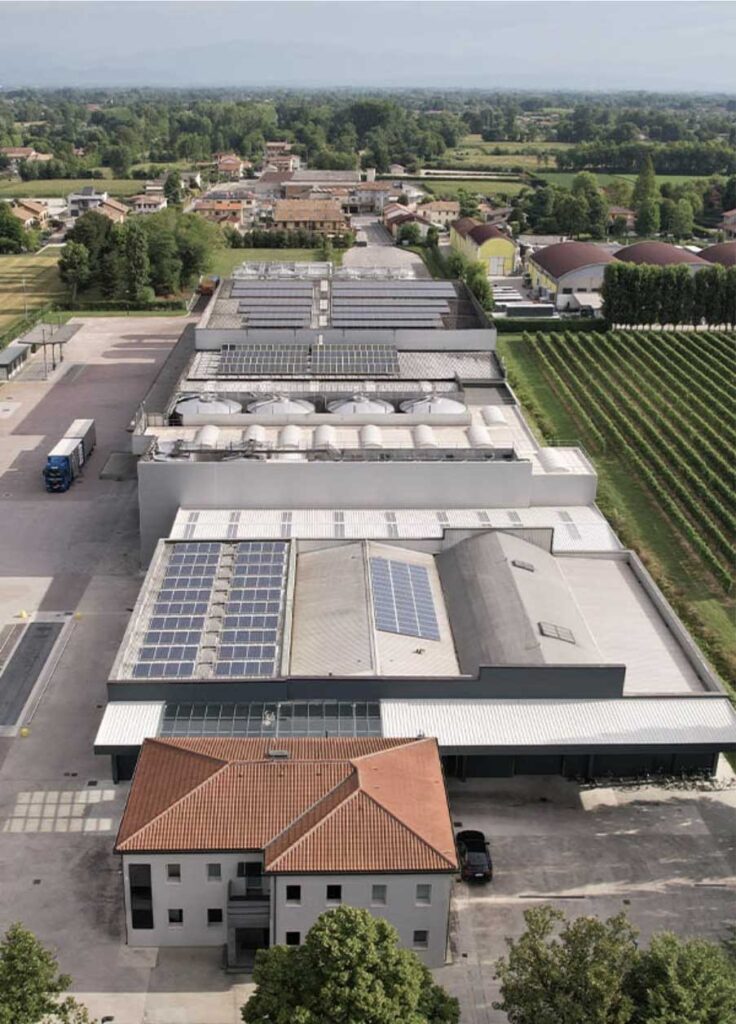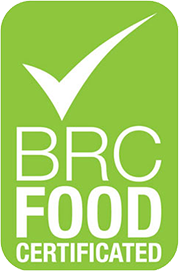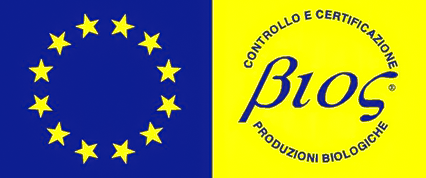In the dynamic world of wine trading, private label wine has emerged as a strategic opportunity to explore for businesses seeking differentiation and market expansion.
This article presents in details the sector, exploring the meaning and definition of private label, the process of starting a business in this sector, and the comprehensive support services offered by Vinicola Vedovato Mario to facilitate enterprises in establishing their own private label wine company.
With a focus on assisting foreign companies in navigating the complexities of the Italian wine market, Vinicola Vedovato Mario aims to provide added-value insights and resources for entrepreneurs venturing into this sector. Our services also target companies and new businesses from extra European markets, including the United States and more.
Private label wine: what is it?
Private label wine represents a strategic branding concept where wine producers or trading companies collaborate with aspiring entrepreneur to create custom-branded wine products tailored to specific market preferences and consumer demands.
Unlike branded wines produced under the winery’s own label, private label wines are crafted and marketed under the brand identity of the new business. This offers opportunities for customization and differentiation form competitors in the overcrowded wine trading sector.
At its core, private label wine embodies a collaborative partnership between wine producers / wine traders and entrepreneurs. Entrepreneurs, indeed, can count on the expertise and resources of established companies in the wine sector to bring their own branded wine products to market.
This collaborative approach allows retailers, restaurants, hotels, companies operating on the large-scale retail trade market and other businesses to develop exclusive wine offerings that reflect their brand identity, target market, and competitive positioning.
Private label wine offers numerous benefits for businesses seeking to differentiate themselves. By creating custom-branded wines, a company can:
- Establish a unique selling proposition, based both on the wine distinctive features and on a well-defined market positioning.
- Enhance the brand visibility.
- Cultivate customer loyalty.
From a consumer perspective, private label wines offer different options, providing a diverse selection of wines tailored to different tastes, occasions, and price points. Whether it’s a crisp Pinot Blanc for summer picnics, a robust Amarone for cozy winter evenings, a refreshing rosé for festive celebrations or even carefully selected generic Italian wines, private label wines cater to a wide range of consumer preferences and occasions, offering something for every palate and budget.
But private label wine also offers entrepreneurs many other different advantages:
- It allows businesses to have greater control over product quality, pricing, and packaging. In this way, they can tailor their wine offerings to meet the specific preferences and tastes of their target audience. We will discuss this more in details in the next paragraph.
- By partnering with wine producers or wine traders like Vinicola Vedovato Mario to create custom-branded wines, businesses can capitalize on the growing demand for private label products. E.g., private label has risen to between 8% and 10% of all wine sales in the United States in the past ten years (2023 figures).
- Private label wines often turn out to be exclusive products, sometimes placed on the market in reduced quantities: this allows for higher profit margins.
Overall, private label is a strategic and somehow innovative approach to wine branding and marketing, offering businesses a unique opportunity to differentiate themselves, enhance brand loyalty, and drive revenue growth in a fiercely competitive sector.
As we will discuss in the last paragraph, Vinicola Vedovato Mario can assist foreign companies wishing to start private label wine business with its sound expertise in international wine trading and business.
How to start a business in the private label wine sector
Embarking on a journey into the private label wine business requires market research, careful planning and strategic decision-making. The following steps outline a comprehensive approach to initiating a successful venture in this flourishing sector.
- Define your niche and target market. Begin by identifying the niche market you intend to serve with your private label wines: for example, you may wish to target the large-scale retail market, or the Ho.Re.Ca. sector. Consider factors such as consumer preferences and habits, demographics, and emerging trends. Conduct thorough market research to understand the competitive landscape and assess demand for specific wine varietals or styles within your target market segment.
- Establish your brand identity. Develop a brand identity that resonates with your target audience and sets your private label wines apart from competitors. This involves creating a unique brand name, logo, and packaging design that reflect the quality, personality, and values of your wine selection. Craft a compelling brand story that conveys the heritage, authenticity, and quality behind your wines, appealing also to discerning consumers.
- Carefully select your wines. Partner with reputable wine producers or wine traders to source wines that align with your customers requests and tastes. Collaborate closely with suppliers to select wines that meet your desired flavor profiles, quality standards, and pricing objectives. Establish long-term relationships with trusted trading partners to ensure consistent supply and quality control.
- Develop a business plan. Draft a comprehensive business plan outlining your objectives, target market, competitive analysis, marketing strategies, distribution channels and financial projections. Define your sales and distribution strategy, pricing strategy and promotional tactics to effectively position your private label wines in the marketplace. Conduct a feasibility analysis to assess the viability and profitability of your business model, considering factors such as production costs, pricing margins, and potential return on investment.
- Navigate regulatory requirements. Be familiar with the legal and regulatory requirements governing the wine industry, both domestically and internationally. Obtain the necessary licenses, permits, and certifications to operate as a wine importer, distributor, or retailer in your target market. Ensure compliance with labeling regulations, taxation laws, and import/export regulations to avoid any legal issues or regulatory hurdles that could impede your business operations.
Vinicola Vedovato Mario has an extensive experience in wine business management, as well as in wine export (and support to importers) in different markets. Our target countries include, among others, the United States, Canada, Northern Europe, Germany, the United Kingdom, Czech Republic and many more.
Thanks to our expertise, we also provide support services to aspiring entrepreneurs who wish to successfully start a private label wine business.
Vinicola Vedovato Mario services to private label entrepreneurs
At Vinicola Vedovato Mario, we understand the challenges involved in starting a private label wine business. That’s why we offer a comprehensive suite of services tailored to support entrepreneurs at every stage. Our services aredesigned to streamline operations, minimize risks, and maximize opportunities for growth and success:
- Assistance in defining the most suitable business model. Our team provides expert guidance to entrepreneurs in selecting the most appropriate business model that aligns with their goals and objectives.
- Support in identifying supplying terms and conditions, including quantity and MOC (Minimum Order Quantity). We offer personalized support in navigating the complexities of supply chain management, ensuring seamless procurement processes for our clients.
- Wine bottling in a dedicated bottling plant. Entrepreneurs can leverage on a dedicated and state-of-the-art bottling plant, equipped with the latest technology and quality controls.
- Availability of warehouses in Italy before shipping. Strategically located warehouses offer convenient storage solutions for bottled wine before dispatching it to the destination market. This optimize logistics and minimize transit times.
- Assistance in the provision/settling of required export documentation. Our team streamlines the export process by facilitating the provision and settlement of all necessary documentation. This both ensure compliance with regulatory requirements and smooth cross-border and customs transactions.
- Structuring of distribution systems. We collaborate with selected partners in the country of destination to structure an effective distribution systems. Among our partner there are transport companies, local agents, trusted distributors.
Are you an entrepreneurs wishing to start your business in the private label sector? Contact Vinicola Vedovato Mario for more information on our comprehensive suite of services. Thanks to our expertise and support you can rely on a trusted partner, working side by side with you on every step of the way.






